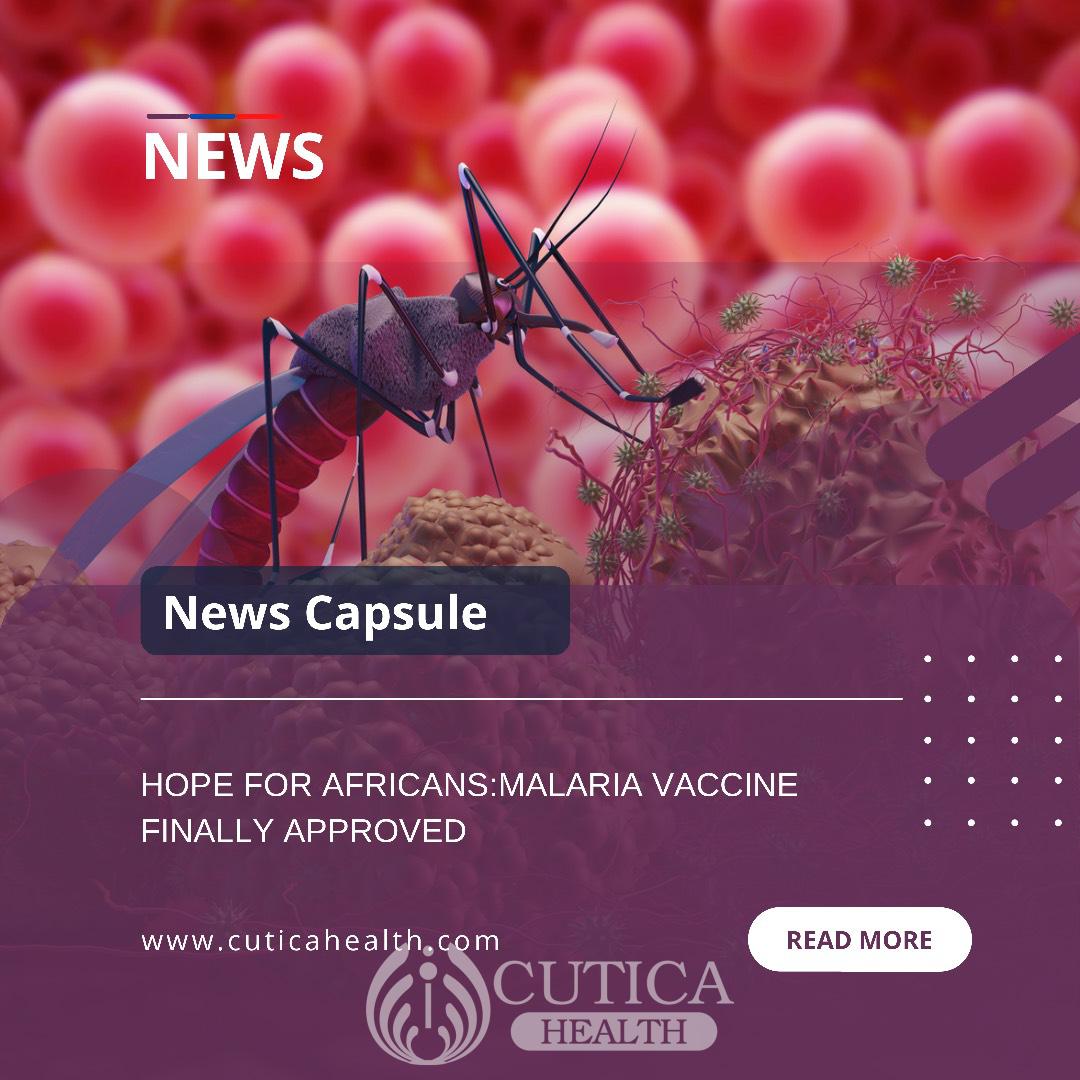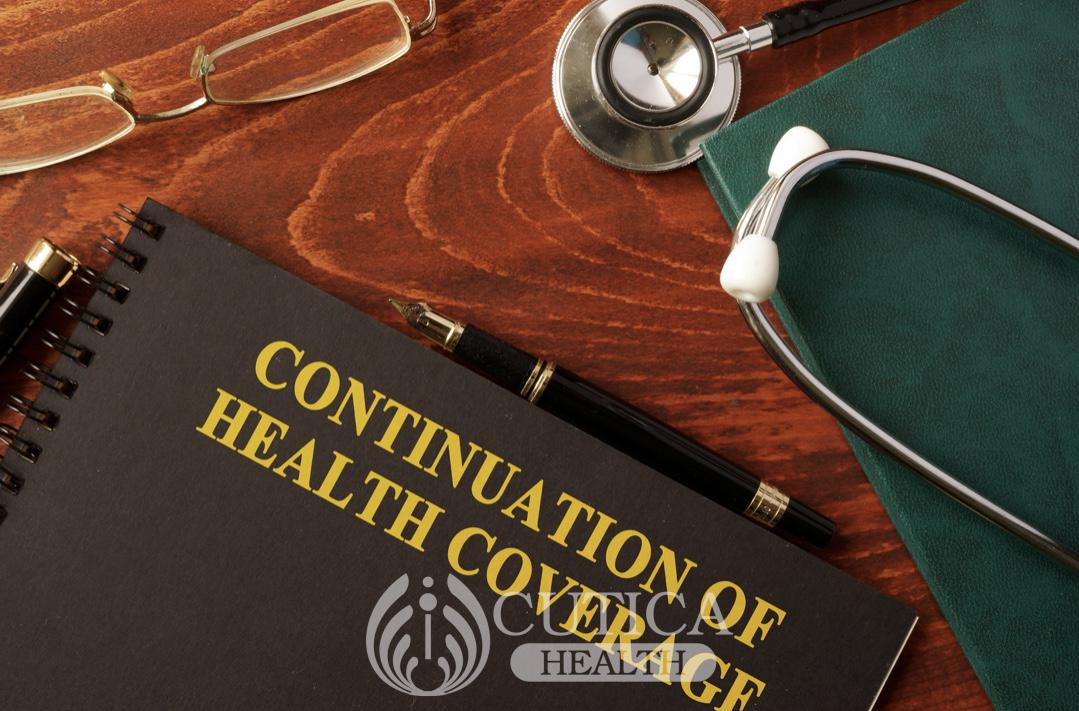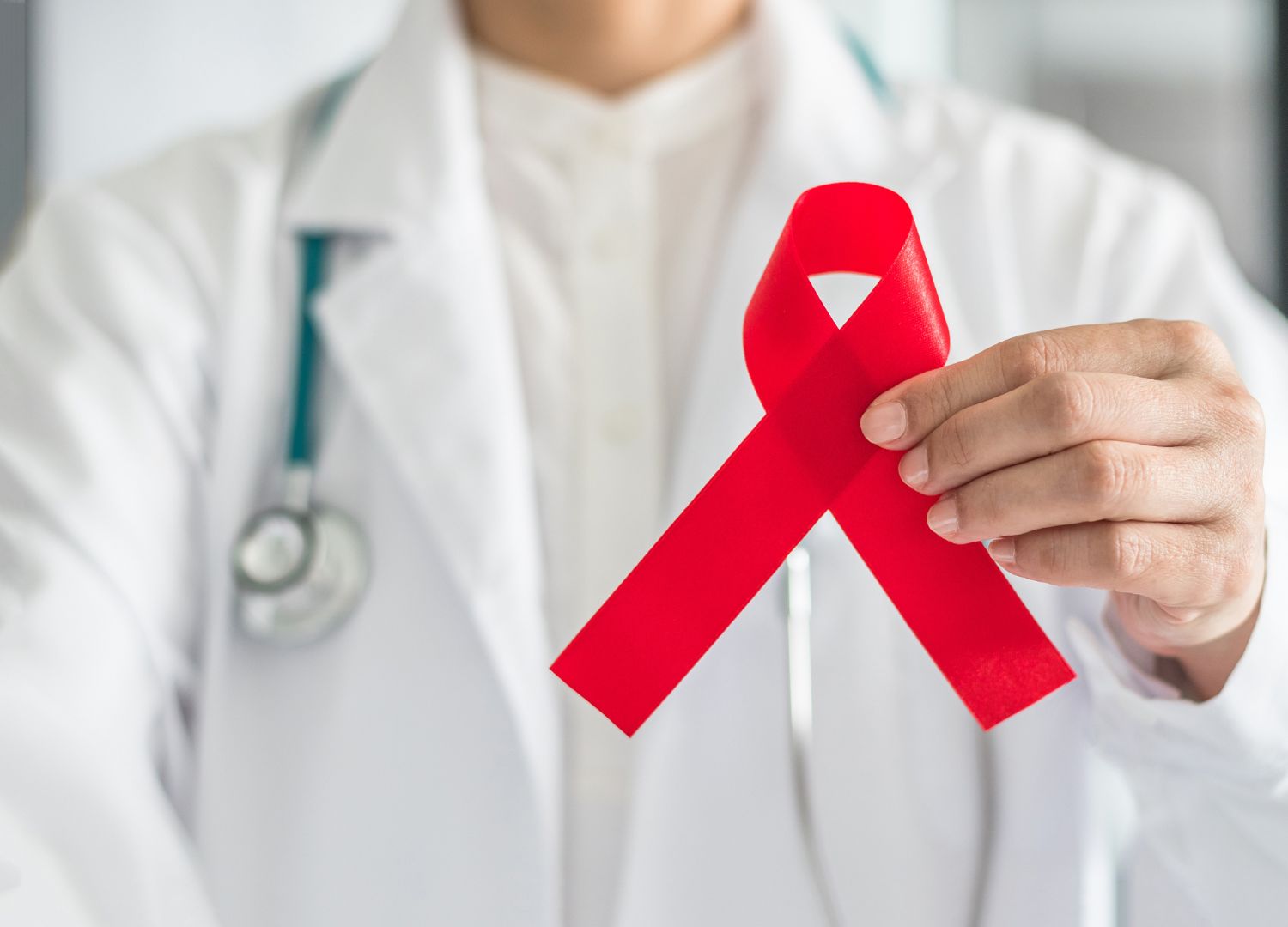
In what is best described as a historic breakthrough for public health, the World Health Organization approved the malaria vaccine, called RTS, S or Mosquirix, and recommended it for widespread use among children in sub-Saharan Africa, which is an endemic region for the deadly malaria parasite.
For more than a century since the malaria-causing Plasmodium species were named, the disease has gone on to ravage many parts of Africa, becoming one of the leading causes of death in the region, especially among under-fives. Now, the RTS.S malaria vaccine will no doubt change the course of public health history in Africa.
Compared with other childhood vaccinations, RTS,S, which has been more than 30 years in the making, has a modest efficacy, preventing about 30% of severe malaria cases after a complete course of four injections in children under the age of five. One study has predicted that it could prevent more than 23,000 deaths in children per year if all children in countries with a high incidence of malaria take the shots.
Gavi, the Vaccine Alliance, helped fund the pilot programs for the vaccine, which distributed more than 2.3 million doses across Ghana, Malawi, and Kenya. Results from the pilots revealed a 30 percent drop in hospitalization rates from severe malaria, prompting the WHO to approve its use for malaria prevention.












